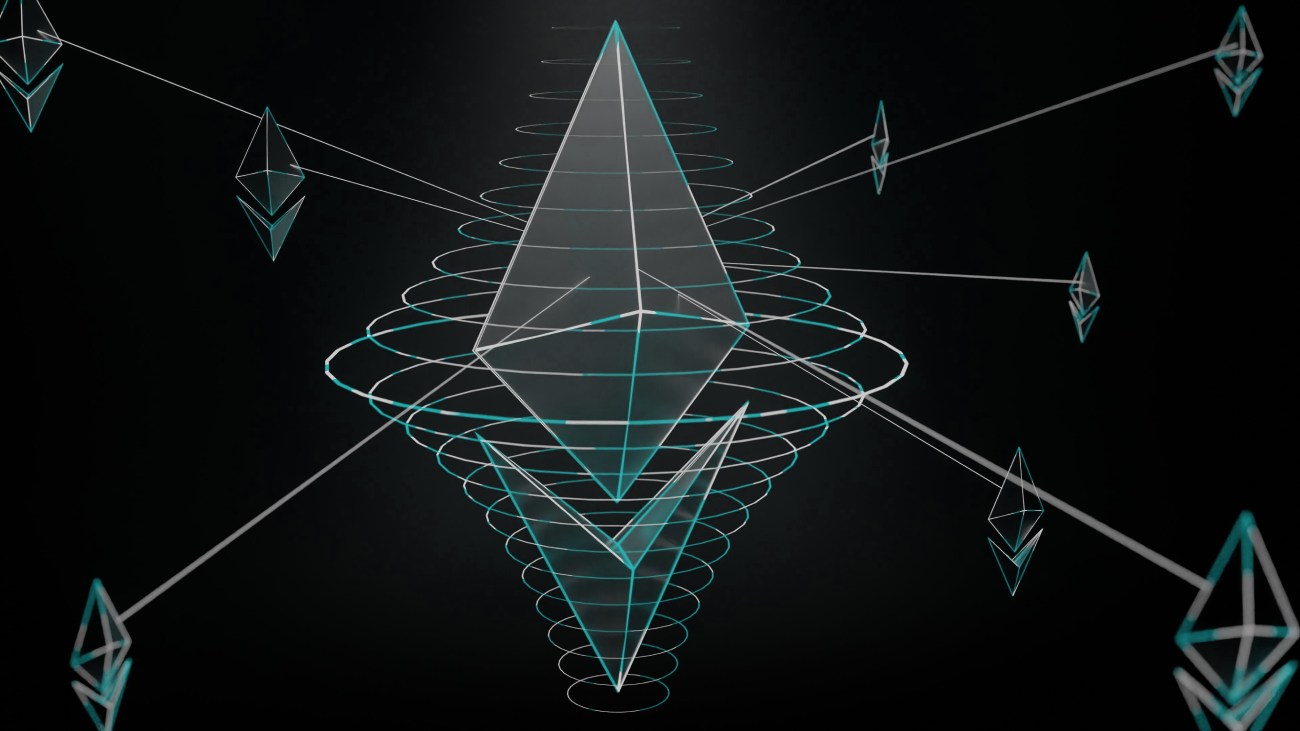Non-transferrable soulbound tokens (SBTs), coined by Ethereum creator Vitalik Buterin, can make educational credentials more useful, cohesive, and efficient. SBTs may also be recognized as ERC1238: Non-transferrable Non-Fungible Tokens (NTT), which developers have been working on since 2018.
What Are Soulbound Tokens and Souls?
Before diving into how Soulbound tokens can improve education credentials, let’s cover some key terms.
Soulbound tokens (SBTs), or soulbound NFTs, are non-fungible tokens that cannot be transferred to another wallet after they are issued. Soulbound tokens are only a concept for now because today’s NFTs are transferable.
Vitalik Buterin borrowed the term “soulbound” from the video game World of Warcraft. In World of Warcraft, a soulbound game item can only be used by the character that received it and it cannot be sold to others; players publicly display their skills by equipping their rare, soulbound items that they earned from completing difficult missions.
Souls are simply wallets that hold soulbound tokens. Souls can also issue soulbound tokens to other Souls.
A person or institution can choose to have more than one soul. For example, professors at Harvard could issue an educational SBT to a person’s “education Soul,” and Microsoft managers could issue a professional SBT to the same person’s “professional Soul.”
As a person’s Soul accumulates more soulbound tokens, it becomes a persistent, pseudonymous identity that can build trust, reputation, and relationships. A Soul is like a more trustworthy, extended resume because other Souls are providing authenticity and provenance via the soulbound tokens they issue.

Soulbound Token – Reference A
Soulbound Tokens Use Cases for Learning and Education
1. Soulbound NFTs Can Replace Educational Transcripts, Diplomas, Certifications
Paper-based education credentials such as transcripts, diplomas, and certifications fail to communicate the full scope of knowledge, skills, and experiences that students gain throughout a lifetime of learning.
For example, when a hiring manager looks at a college graduate’s resume and sees that the graduate earned a degree in quantitative sciences, the hiring manager doesn’t know how well the graduate actually understands quantitative sciences.
It’s also inefficient and difficult for hiring managers to verify a college graduate’s education and extracurricular experiences. In order to verify if the student earned a degree, the hiring manager or the third party education verification service they use will have to contact the school, which is a slow process. Additionally, there’s no way to verify a student’s self-reported extracurricular experiences.
Soulbound tokens provide everyone verifiable credentials. Professors could issue soulbound tokens to their students whenever their students attain certain academic milestones and achievements, such as completing a course or project. When applying to jobs, graduates could choose to share their educational Souls with hiring managers. The hiring managers could look at their Souls & SBTs to see what skills and experiences their candidates verifiably have. All in one place, the hiring managers could see the graduate’s awards, certifications, courses, projects, and so on.
2. Soulbound NFTs Incentivizes Professionals To Continue Investing in Education Post-Graduation
Many working professionals want to continue learning even after graduation, but it’s difficult to leverage those learnings for a promotion or a better role in a new company. For example, after professionals take additional courses that they seek out themselves, it’s difficult for the next employer to verify if they took the courses or know what they learned from them. For example, even if a professional receives certificates of completion from Coursera, Emeritus, or another online school, everything is fragmented.
Soulbound tokens will encourage professionals to continuously seek high-quality learning opportunities because the new skills they develop can be easily verified by their next employer. For example, if a professional takes an online writing course with a famous Bloomberg writer, then upon completion of the course the Bloomberg writer could issue a soulbound token to the professional. The soulbound token could even be a writing sample that the professional completed during the course. This would show both the current and next employer that the professional has strong writing skills. Over time, the soulbound tokens the professional collects builds a reputable, personal brand that will help them progress in their career.
3. Soulbound Tokens Will Power Learning Chains
Soulbound tokens will create more efficient and detailed transcripts that Axon Park calls learning chains.
Learning chains are blockchain based records of a student’s learning history. Unlike transcripts, which only show the course name and grade, learning chains made up of soulbound tokens can include more information, such as course syllabi, work samples, and comments from teachers. In immersive learning environments, the learning chains can also include robust data captured in the interactive world.
These records can either be shown publicly on the blockchain all the time, or they can be made private and only shared when needed. Students could also choose which portions of their learning chains they want to show; showing a complete learning chain builds more trust than showing a smaller portion.
If a student has a particularly bad academic year due to unusual circumstances outside of the student’s control, such as illnesses, the student’s teachers could issue soulbound tokens which detail how the student overcame those extenuating circumstances. A traditional transcript would just show a poor grade, with no additional context explaining why.
In the future, artificial intelligence will be able to analyze the vast amount of data collected in immersive learning experiences to provide tailored curriculum recommendations for students based on their strengths and gaps in knowledge. For example, artificial intelligence could identify students who are struggling with certain concepts within geometry and build a custom geometry curriculum.
The Future of Soulbound NFTs in Education
Educators who decide to experiment with soulbound NFTs can issue educational NFTs and encourage students not to transfer or sell them, which sets the cultural foundation for soulbound NFTs.
Educators can learn more about the challenges of implementing Soulbound NFTs in the research paper Decentralized Society: Finding Web3’s Soul by E. Glen Weyl, Puja Ohlhaver, and Vitalik Buterin.



